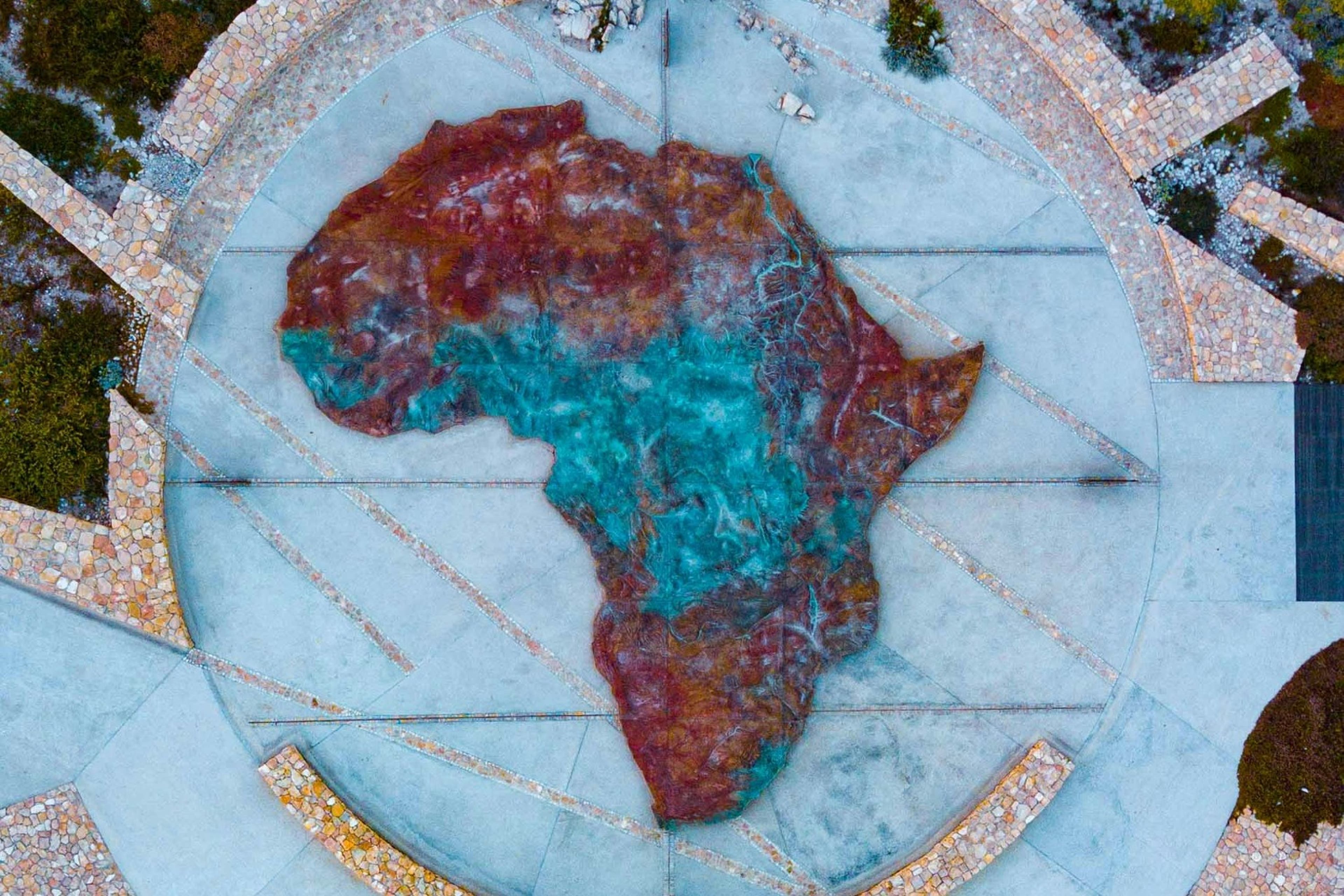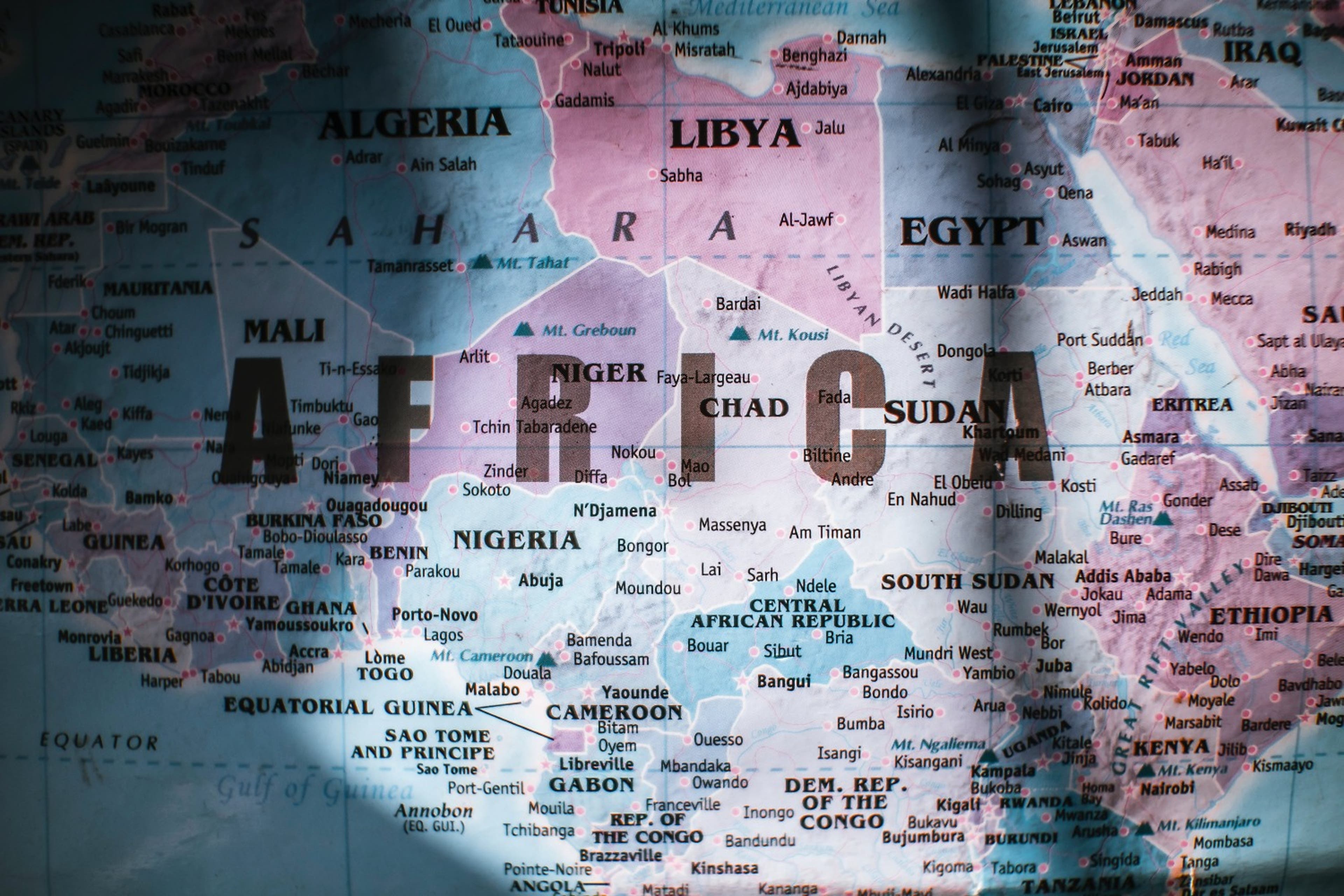Evaluating data privacy across Africa: Toward a unified GDPR-inspired framework


Published:
Contributors:
Abisoye Akintolu
CIPP/E, CIPM
Compliance advisory, data privacy caseworker
Third Sector Experts
Editor's note: The IAPP is policy neutral. We publish contributed opinion and analysis pieces to enable our members to hear a broad spectrum of views in our domains.
Since 2018, the EU General Data Protection Regulation has addressed data privacy concerns without stifling e-commerce profits and has set global standards for the privacy and protection of its residents' data.
The GDPR's global reach exemplifies the type of protection African citizens deserve and the regulation is a compelling model for Africa's data protection aspirations, offering lessons that can transform the continent's approach to privacy.
The European regulations' innovative provisions on extraterritorial jurisdiction ensure any organization handling the personal data of EU residents must comply with GDPR standards, while its data protection officer requirement ensures ongoing compliance, and regulated cross-border data transfers provide clear guidelines for maintaining security beyond borders.
A key factor making the GDPR effective is its enforcement mechanisms, which include severe financial penalties — up to 4% of a company's global turnover — for noncompliance. Africa's data protection frameworks could benefit from a similar centralized enforcement structure to ensure uniformity and compliance.
Furthermore, the emphasis on data protection by design and default in the GDPR's Article 25 is groundbreaking, mandating that privacy safeguards are embedded into systems from inception. This principle not only secures data but also builds trust between individuals and organizations, a critical need for Africa's growing digital economy.
While data protection regulations in other countries could mainstream the GDPR's provisions to take advantage of its unique data protection mechanisms, that has not been the case in Africa — a rapidly developing economy.
In fact, Africa's regulatory uniformity on data protection is yet to fully evolve.
The African Union Convention on Cyber Security and Personal Data Protection, also known as the Malabo Convention, though promising in intent, has revealed gaps that need urgent attention. It has been ratified by 15 countries, and signed by 12 out of 55 African nations, indicating gaps in comprehensive adoption and implementation
Drafted to harmonize data protection laws across member states and encourage the creation of frameworks to safeguard personal data on the continent, it lacks legally binding enforcement measures and clear accountability mechanisms.The absence of key definitions for terms like "pseudonymization," "data protection authority" and "cross-border processing" are among notable gaps.
There is also no clear-cut provision on crucial rights of data subjects in the event of data portability or restricting further processing. These omissions create ambiguities, especially for cross-border enforcement and automated decision-making, which are increasingly relevant.
Additionally, there is no clear framework for handling data breaches, a crucial aspect considering the increasing frequency of cyberattacks targeting African businesses and government institutions.
Currently in Africa, 46 of the 54 African countries have data protection laws, which are either standalone and specific legislation or are incorporated as part of a broader law. Of the 46 countries with data protection laws, 39 have passed specific laws on data protection, while seven have general laws that touch on data protection principles.
Thirty-four of the 39 African countries with specific data protection laws have established data protection authorities, and the convention's six data protection principles differ in some ways from global standards. However, the level of implementation and effectiveness varies significantly, with some countries lacking the necessary resources and institutional capacity to enforce compliance.
South Africa's Protection of Personal Information Act is often lauded for its comprehensive provisions on accountability and transparency. Yet, its complexity and enforcement limitations, especially for small businesses, highlight the challenges that even advanced laws face. For instance, small and medium enterprises often struggle with compliance due to financial and technical constraints, raising concerns about the inclusivity of these regulations.
Similarly, Morocco's 2009 Data Protection Act champions fair and lawful data processing but struggles with ambiguous definitions and limited enforcement resources.
Nigeria, after years of relying on subsidiary regulations, finally enacted its Data Protection Act in 2023. This modern legislation introduces critical protections, such as recognizing biometric and genetic data, but like its counterparts, is not without its enforcement challenges and lack of clarity.
The disparities across these national frameworks create a fragmented legal landscape that hinders cross-border data flows and international trade while leaving millions of Africans without adequate privacy protections. For example, businesses operating across multiple African jurisdictions often face inconsistent regulatory requirements, leading to higher compliance costs and operational inefficiencies. A unified framework would not only streamline these processes but also enhance investor confidence in Africa's digital economy.
Despite the appeal of a unified framework, Africa faces unique challenges that make such an endeavor complex. The continent's cultural and linguistic diversity is perhaps its most significant hurdle. Privacy, in many African traditions, is viewed collectively rather than individually, reflecting the communal fabric of society. Developing a framework that respects these cultural nuances while aligning with global standards is indeed no small task.
Furthermore, limited digital literacy in many regions poses an additional challenge, as data protection frameworks require not only robust laws but also public education on privacy rights and responsibilities.
Limited resources compound the issue, as many African nations lack the infrastructure, funding, and institutional capacity to enforce comprehensive data protection laws. Infrastructural deficits, such as unreliable internet access and energy supply, further hinder digital advancement.
To overcome these challenges, Africa must chart a path forward that is both ambitious and pragmatic. The Malabo Convention, while a foundational step, needs to be updated to address its shortcomings, especially on extraterritoriality. Incorporating GDPR-inspired principles, such as clear definitions, enforcement mechanisms and cross-border data transfer rules, would strengthen its impact. Establishing a data protection institute dedicated to research, training and harmonization efforts could foster regional cooperation and bridge gaps between diverse legal systems.
Resourceful funding approaches, like Nigeria's model of using fines to fund enforcement agencies, can provide financial stability for effective governance. However, reliance on fines as revenue risks over-enforcement and perceptions of bias, which may erode public trust in regulators.
To address these risks, safeguards are essential. Transparent processes should ensure fines are based on clear, documented criteria, avoiding arbitrariness. Independent oversight mechanisms are also crucial for monitoring enforcement actions and maintaining objectivity. By addressing these challenges, such models can balance financial stability with fair and effective regulation.
The stakes for unifying Africa's data protection laws are high. A robust, GDPR-inspired framework would not only safeguard the privacy of African citizens but also bolster the continent's position in the global digital economy. It would attract foreign investment, foster innovation, and build trust in digital services.
Achieving this vision, however, requires collaboration, commitment, and an unwavering focus on Africa's unique cultural, economic and legal landscape.
The unification of data protection laws in Africa is not just a legal challenge. It is a moral imperative in a world increasingly defined by data. By learning from the successes and shortcomings of the GDPR and adapting its principles to the African context, the continent can lead a new era of digital empowerment.
This is not merely about compliance. It is about ensuring Africa's digital future is one where innovation and privacy coexist, creating opportunities for all.
Abisoye Akintolu is a compliance advisory and data privacy caseworker at Third Sector Experts.

This content is eligible for Continuing Professional Education credits. Please self-submit according to CPE policy guidelines.
Submit for CPEs


